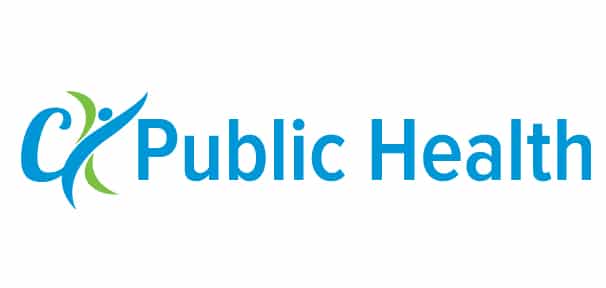
Indigenous people in Canada don’t live as long as non-Indigenous individuals.
And it’s not even close.
According to Dr. Shanker Nesathurai, medical officer of health for Chatham-Kent, statistics indicate First Nations people live to an average age of 75, while non-Indigenous folks live an average of nine years longer.
Nesathurai said health officials consider reaching the age of 75 as having lived a full life.
“For First Nation men, only 53 per cent live to the age of 75,” he said. “For non-Indigenous men, 75 per cent reach 75. The average Indigenous person has only a 50-50 chance of living a full life.”
He said these figures come from a Health Canada report, and raise questions.
In Chatham-Kent, CK Public Health services about 4,500 Indigenous people, and Nesathurai and other public health officials would like more information to work with in regard to the lifespan disparity.
But it does not yet exist. Public Health officials want to change that.
“We have local issues and local action is required to make a fundamental difference,” Nesathurai said to the board of health at a recent meeting. “Data is required. Without data, we won’t be able to measure the impact of any intervention or strategy. And with Indigenous people, we have very little data.”
As to why there is such an information gap, the medical officer of health said, “One of my colleagues put it quite boldly: We don’t ask. We ask the patient’s age, weight, etc. but we don’t’ inquire about the person’s cultural background.”
Nesathurai added even if they began to ask the question, people may very well be reticent to reply, as there would be concern about how the information could be utilized.
“The reluctance to share this information is rooted in distrust,” he said.
In terms of seeking healthy outcomes, across the country, First Nation people might have a concern about the safety of the water people drink, “just like we might want to know how long people live.”
Different perspectives and different priorities.
Nesathurai said if questions are asked, the people making the queries had better be prepared to deal with the answers.
“When you ask someone a question, you have to be prepared for an answer that might make you uncomfortable,” he said.
Carina Caryn, acting director of CK Public Health, agreed.
“We also have to be prepared to use the information. We can’t just ask questions and not use the information,” she said.
Caryn said the questions can help with relationship building with local Indigenous people.
It’s part of reconciliation efforts. It’s part of building “respectful relationships,” as we work towards a more inclusive and equitable society “by closing the gaps,” Nesurathai said. “What we are doing is we are working on a plan to ask people to share their cultural information; to self-identify.”
With that information in hand, CK Public Health officials hope to understand what is leading to shorter lifespans for our First Nation people.






